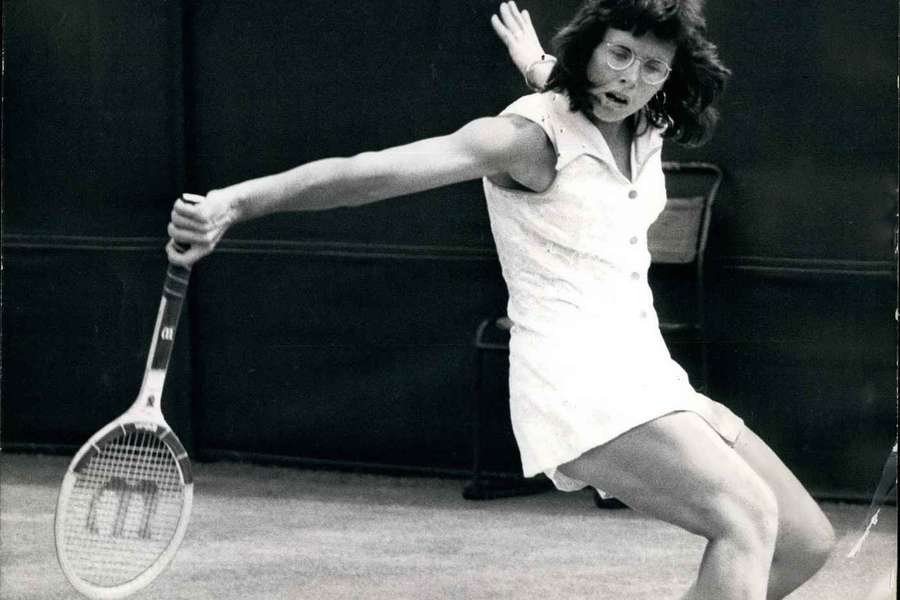
Introduction
Billie Jean King is an iconic figure in the world of sports, not just for her remarkable achievements on the tennis court, but also for her unwavering advocacy for gender equality and social justice. As the 50th anniversary of her legendary “Battle of the Sexes” match against Bobby Riggs approaches, the importance of King’s contributions to the sport and society become increasingly relevant, emphasizing the ongoing fight for equality in all spheres of life.
A Champion on the Court
King was born on November 22, 1943, in Long Beach, California. Over her illustrious career, she won 39 Grand Slam titles—12 in singles, 16 in women’s doubles, and 11 in mixed doubles. Her 20-year career in professional tennis saw her win titles in every major tournament, including Wimbledon and the U.S. Open.
However, her most famous match took place on September 20, 1973, when she faced Bobby Riggs, a former men’s champion. King won the match in straight sets, symbolizing the fight for women’s rights and equality in sports. This event solidified her status not only as a tennis champion but also as a trailblazer for female athletes.
Advocacy for Equality
Beyond her tennis accolades, King’s commitment to advocating for women in sports has made her a pivotal figure in the modern feminist movement. In 1972, she founded the Women’s Sports Foundation, which has since fought tirelessly for equal opportunities for women in athletics. Furthermore, King was a co-founder of the WTA (Women’s Tennis Association), aiming to create a professional platform for female tennis players.
Her activism extended into the LGBTQ+ community when she publicly came out as bisexual in 1981. King’s bravery has inspired countless others to embrace their identities, further championing the cause of equality beyond just gender.
Current Influence and Recognition
Today, Billie Jean King’s impact continues to resonate. She is a sought-after speaker at conferences and events focused on gender equity and sports. Her life’s work has been recognized with numerous awards, including the Presidential Medal of Freedom, awarded to her by President Obama in 2009.
Conclusion
As we reflect on Billie Jean King’s remarkable legacy, it is clear that her influence extends far beyond tennis. Her dedication to advocating for equal rights has left an indelible mark on society and sports culture. With ongoing discussions about gender equality in various sectors, including sports, King serves as a beacon for future generations to continue the fight for justice and equality. Her story reminds us that we are still on the path toward achieving true equality, and that every small step counts in this ongoing journey.






